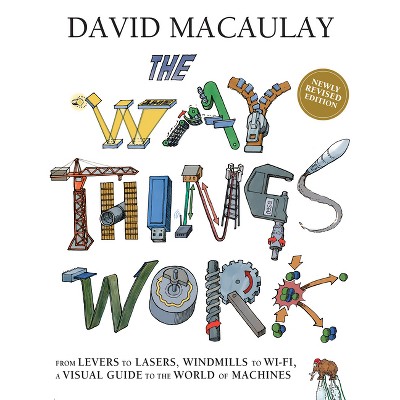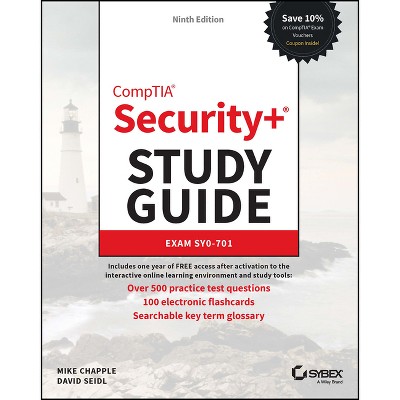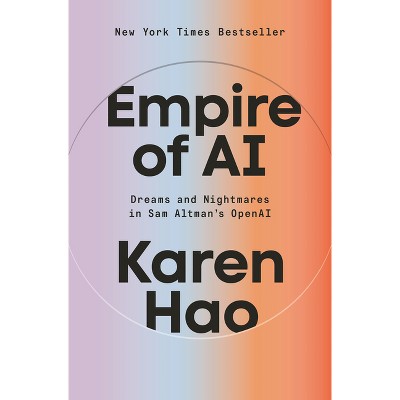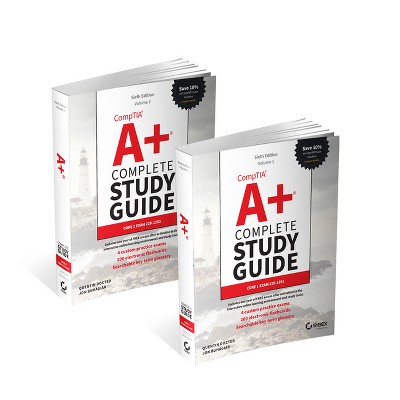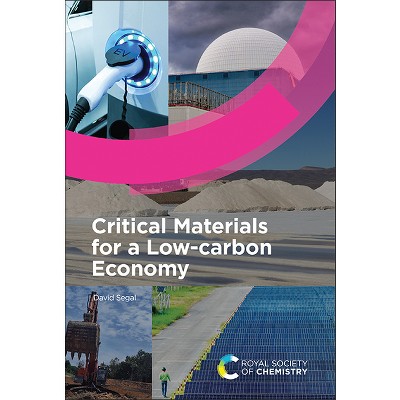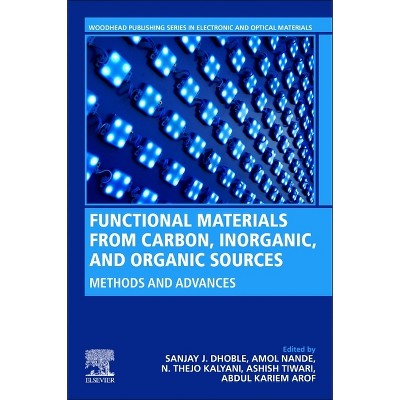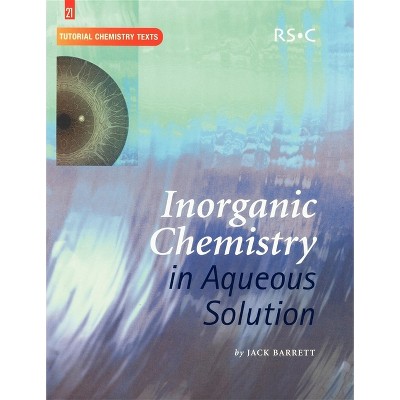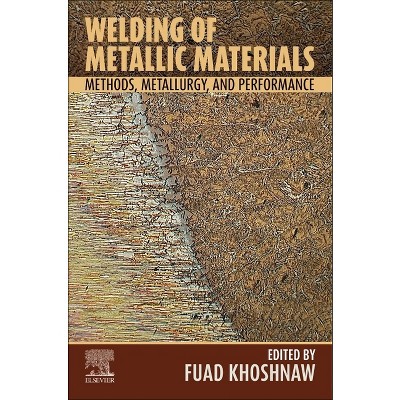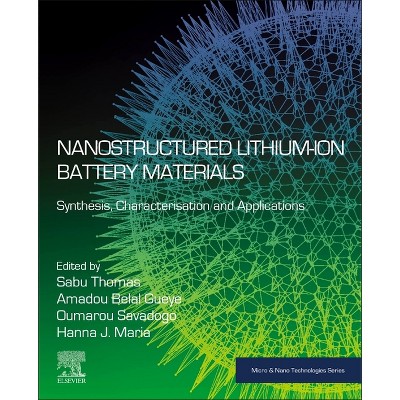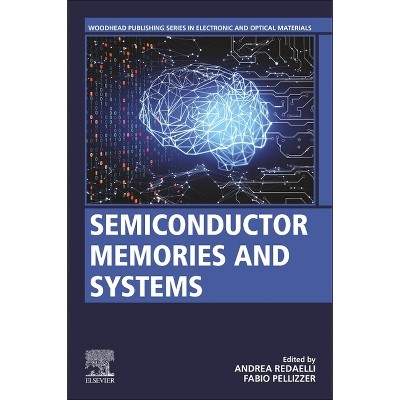Sponsored

Non-Oxide and Heteroanionic Materials - (Inorganic Materials) by Duncan Gregory (Hardcover)
In Stock
Sponsored
About this item
Highlights
- Much of traditional solid state chemistry invokes changes in the structures and properties of solids via addition or substitution of cations.
- About the Author: Prof. Duncan H. Gregory is the WestCHEM chair of Inorganic Materials at the University of Glasgow.
- 300 Pages
- Technology, Materials Science
- Series Name: Inorganic Materials
Description
About the Book
This book considers the role and importance of pnictides, chalcogenides, carbides and halides, among others, in redefining modern solid state materials chemistry.
Book Synopsis
Much of traditional solid state chemistry invokes changes in the structures and properties of solids via addition or substitution of cations. In the vast majority of cases, the anion remains a constant, and due in part to the ubiquity of oxygen, that anion is oxide. This book considers the role and importance of pnictides, chalcogenides, carbides and halides, among others, in redefining modern solid state materials chemistry. The true flexibility of the anion is explored in a summary of heteroanionic ("mixed anion") materials in which two or more anions can be incorporated in crystalline structures, either "ab initio" or via doping and substitution. The concept of "pseudo oxides" (where compounds with multiple anions isoelectronic to O2- can be designed) is explored. Throughout, the onus of the volume is on linking fundamental solid state chemistry with properties, performance and applications to illustrate how useful - and sometimes unique - materials can be designed "beyond oxides".
Written in an accessible style, Non-oxide and Heteroanionic Materials provides a valuable resource for advanced undergraduates and postgraduates across solid state chemistry, catalysis and materials science, as well as researchers looking for an introduction to the subject.
About the Author
Prof. Duncan H. Gregory is the WestCHEM chair of Inorganic Materials at the University of Glasgow. He was previously an EPSRC Advanced Fellow, Lecturer then Reader in Materials Chemistry at the University of Nottingham. He is a Visiting Professor at Kyushu University and was a former Vice-President of the RSC Materials Chemistry Division. He was the winner of the 2009 Royal Society of Chemistry (RSC) Sustainable Energy Award and is the 2019 winner of the Institute of Materials, Minerals & Mining (IOM3) Kroll Medal and Award for achievements in Materials Chemistry. His research interests focus on the synthesis of new solids including sustainable energy materials (e.g. Li batteries, fuel storage, thermoelectrics), inorganic nanomaterials and the solid-state chemistry of non-oxides including nitrides, hydrides, halides, carbides and chalcogenides. His research also embraces the energy-efficient, sustainable production of materials including the microwave synthesis of solids.

